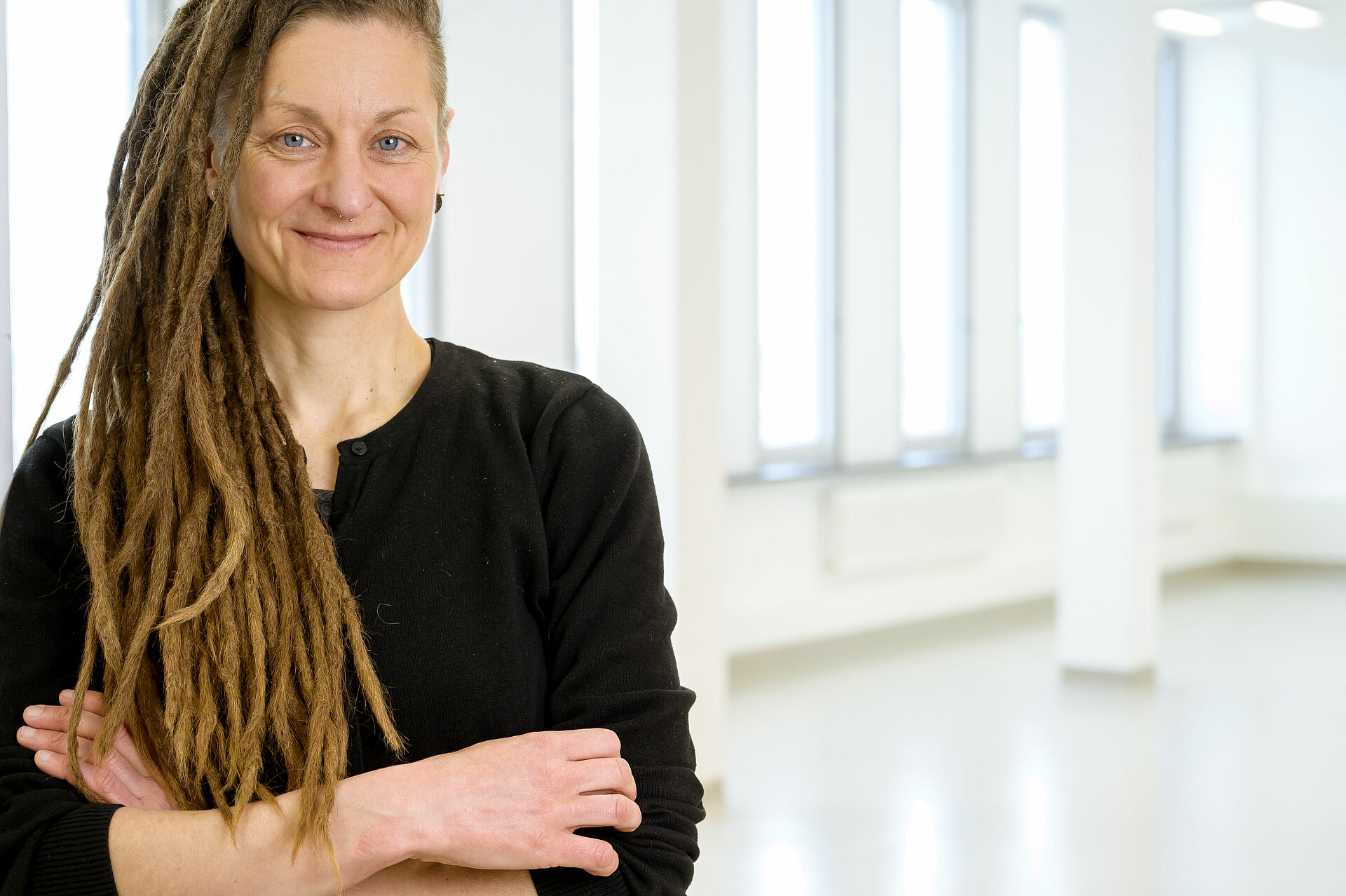DZNE researcher Susanne Wegmann optimizes scientific publishing as an "EMBO Journal Catalyst"

With the support of young group leaders from the scientific community, the EMBO Journal aims to optimize editorial processes and guidelines for the publication of scientific articles: Therefore, Susanne Wegmann, a scientist at DZNE Berlin, is now working as a member of the "Catalysts Program" on ideas and strategies to improve the journal's publication system. The results will also serve as a model for other journals.
For researchers, published results in the form of articles (so-called papers) in scientific journals and the associated recognition are the "currency" of the scientific community and thus important for their career and reputation. The number of papers published by a scientist and the prestige – the so-called impact factor - of the respective journal are decisive factors.
However, publication processes of journals can be non-transparent and non-inclusive: After submission to a journal, the submitted manuscripts are subjected to a quality and relevance check by external experts (so-called reviewers) before a decision on publication is made. Often, journals do not disclose the identity of the reviewers even after the review process is completed. Moreover, unconscious biases regarding gender, skin color, or origin can create invisible barriers, especially for female scientists and for researchers from non-Western countries, that make it difficult to publish in prestigious journals and thus to reach the top.
Bringing more equal opportunities into the publication system
To mark its 40th anniversary, the journal of molecular biology EMBO Journal has therefore recently launched a new initiative to give young research group leaders a greater say in all aspects of publishing in the journal in the future and to increase equal opportunities for early career researchers. For the innovative "Catalysts Program", the journal has selected 34 young research group leaders from all over the world, from different research areas and with diverse backgrounds. The "EMBO Journal Catalysts" are thus offered the opportunity to directly discuss various concerns of the publication system with the EMBO Journal team and to contribute ideas for solving identified problems.
DZNE researcher Susanne Wegmann, PhD, was appointed by the Journal to this internationally staffed initiative. "The EMBO Journal is already well on its way because the journal's publication process is already transparent, unlike many other journals. For example, EMBO Journal provides assistance to researchers by allowing them to consult on their papers with reviewers via videoconference," Wegmann said. "But we also know that it is still generally difficult for women, as well as for researchers who are not from Europe or North America, to publish in prestigious journals and thereby get noticed in the scientific community."
Putting results into practice
Therefore, the Catalysts Program aims to drive further innovation in the journal's publication processes and policies, which will then serve as an example for other journals. Catalysts Program members therefore meet regularly to brainstorm ideas and strategies. "Recently, we had our kick-off meeting via video conference. We will develop ideas in a kind of think tank," Wegmann reported. This could involve strategic, political and content-related aspects – for example, transparency in the review process, reproducibility of results, the influence of impact factors on careers, or diversity and equality in the publication and science system.
The results are then to be discussed with various EMBO Journal managers and translated into the journal's publication practices. On a wider perspective beyond the EMBO Journal, however, the goal of the Catalysts Program is also to lead by example and to initiate the developed innovations broadly in the scientific community, the DZNE researcher said. "I am very pleased to be part of this young international committee and to contribute to equal opportunities in the scientific publication system."
April 2022
